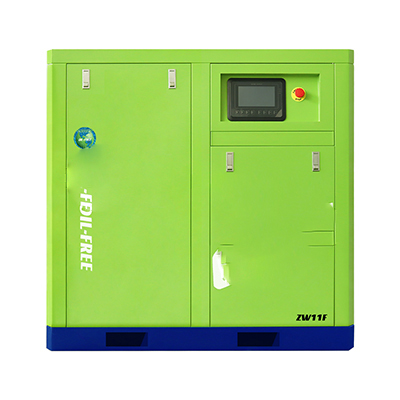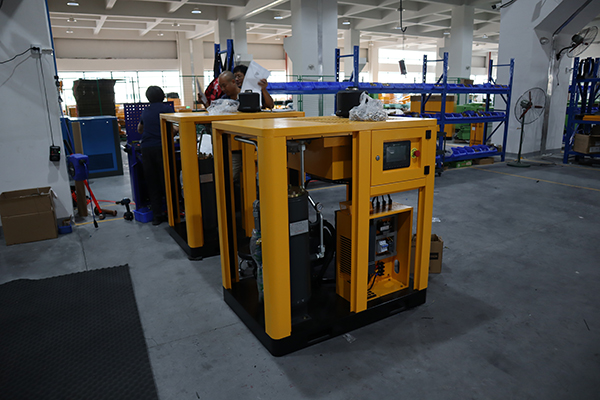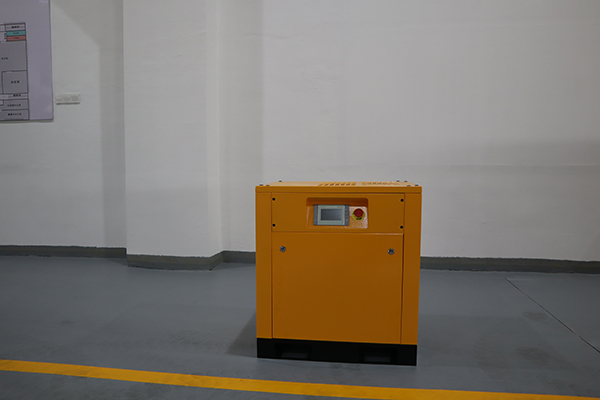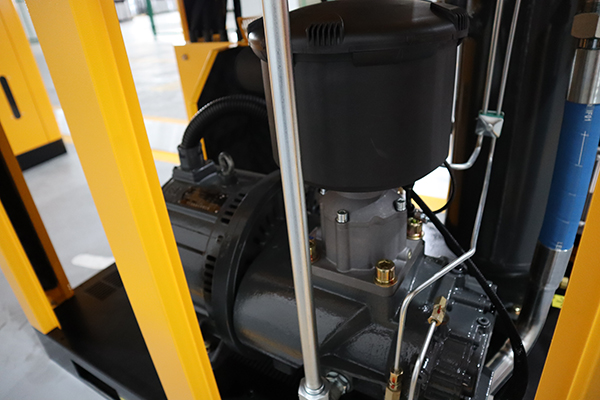Exploring the Efficiency and Maintenance of Air Compressors in Industrial Settings
News 2025-10-23
Air compressors play a vital role in numerous industrial processes, serving as reliable sources of compressed air that power tools, machinery, and systems across various sectors. These devices convert mechanical energy into kinetic energy by compressing air, which is then used for tasks ranging from operating pneumatic tools to controlling automated systems. In industrial environments, the efficiency of air compressors directly impacts productivity, energy consumption, and operational costs. This article examines key elements of air compressors, including their types, applications, and essential maintenance practices to ensure optimal performance and longevity.

Types of Air Compressors
Air compressors come in several designs, each tailored to specific industrial needs. Reciprocating compressors use pistons driven by a crankshaft to compress air, making them suitable for applications with intermittent demand and lower flow rates. Rotary screw compressors, on the other hand, feature two helical screws that continuously compress air, ideal for high-demand settings where consistent pressure is required. Centrifugal compressors employ high-speed impellers to accelerate air, offering high flow rates for large-scale operations. Selecting the right type depends on factors like required pressure, flow rate, and duty cycle, ensuring efficient and cost-effective performance in industrial use.
Applications in Industrial Sectors
Across industries, air compressors are indispensable for a wide array of tasks that enhance efficiency and precision. In manufacturing, they power assembly lines, paint sprayers, and robotic systems, facilitating smooth production processes. The automotive industry relies on them for tasks such as tire inflation, bodywork, and engine testing, where reliable air pressure is crucial. In construction, air compressors drive tools like nail guns, drills, and concrete breakers, improving site productivity. Additionally, they support sectors like food processing and pharmaceuticals by providing clean, compressed air for packaging and sterilization, underscoring their versatility and importance in maintaining operational standards.
Maintenance Strategies for Longevity
Proper maintenance is key to extending the life of air compressors and preventing unexpected failures. Regular inspections should include checking for leaks, monitoring oil levels, and cleaning or replacing air filters to maintain efficiency. Lubrication systems must be serviced according to manufacturer guidelines to reduce wear on moving parts. Additionally, monitoring pressure and temperature gauges can help detect issues early, avoiding costly downtime. Implementing a scheduled maintenance routine not only enhances reliability but also improves energy efficiency, reducing overall operational costs in industrial settings.
Common Questions and Answers
1. What factors affect the efficiency of an air compressor?
Efficiency is influenced by factors such as compressor type, maintenance condition, and operating environment, with regular upkeep being essential for optimal performance.
2. How can air compressors save energy in industrial use?
By ensuring proper sizing, reducing leaks, and using variable speed drives, air compressors can minimize energy consumption and lower utility costs.
3. What safety precautions should be taken when using air compressors?
Always wear protective gear, ensure proper ventilation, and regularly inspect for hazards to prevent accidents and ensure safe operation.


